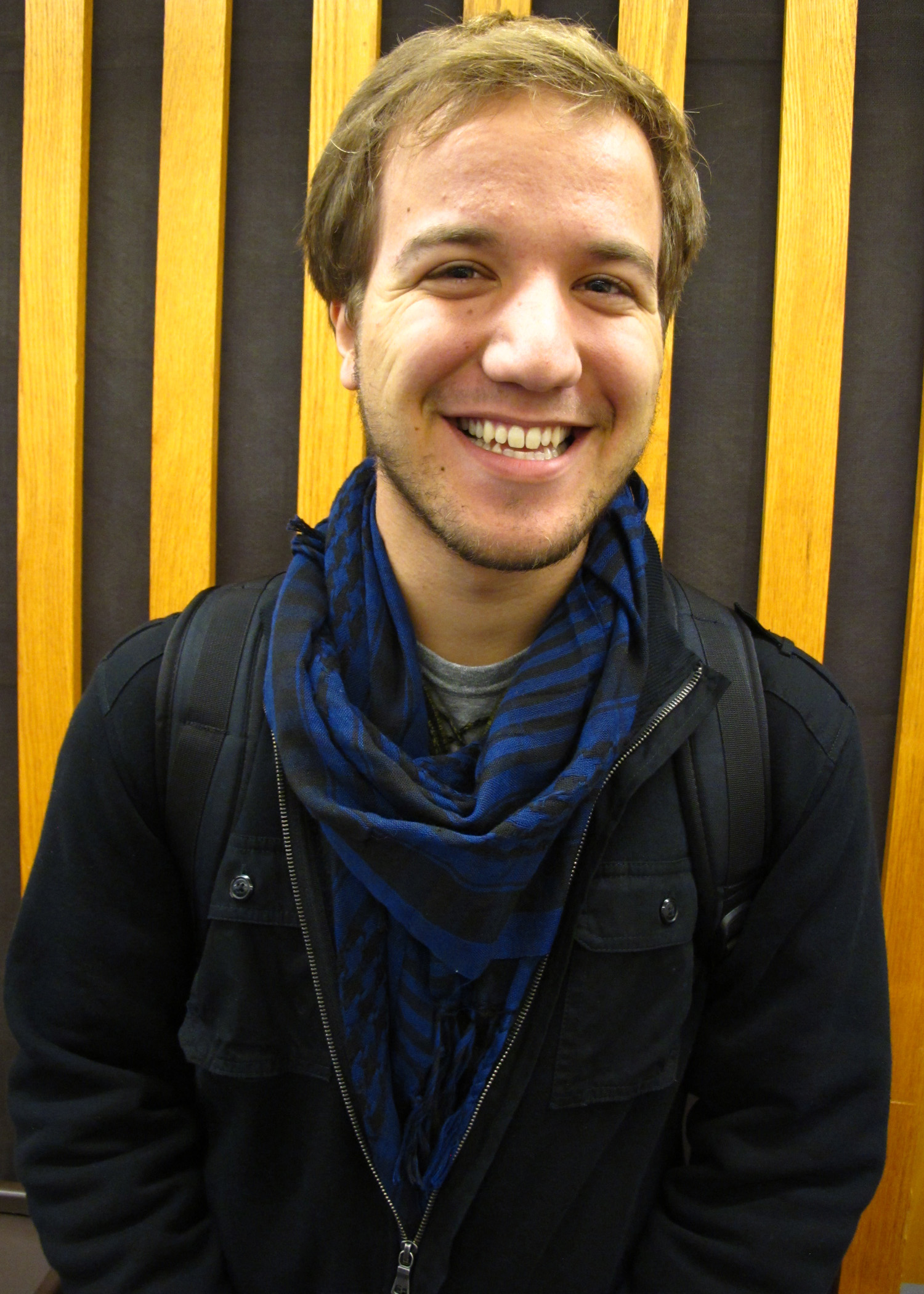“What makes music beautiful?” my grandfather asked after I finished playing Schumann’s Traumerei from the collection Kinderszenen Op 15.
I quickly spun into a pseudo-intelligible rant about secondary dominants, deliberate disobediences of form, and the emotional worth supported by the composer but ultimately carried out by the performer. He sat there quietly, and, as I finished puking up facts and theories presented to me by professors only trying to tell the truth, he said simply, “dissonance.”My grandpa, Dan Stoltzfus, was diagnosed with a brain tumor at the beginning of August and was soon exhausted by all his previous passions, save listening. He looked to the times when he could sit and listen to conversations, to his children and to music. When he was too tired even to get in bed, he would make the trek over to the piano room to listen to my playing. Music was always a large part of his life (especially singing and playing piano). Dissonance. Could beauty really be so paradoxically simple?
Many would say that despite the hardships and trials and mistakes it brings, life is beautiful. After those dark times, we come out on top and discover that which makes life beautiful and worth living. I would agree with that, but what is happening in the midst of all that grime?
As humans, we are aesthetically drawn to conflict and pain: unrest, jarring images of war and theatrical clashes. Art without conflict is boring. But how can we look at that conflict and call it beauty, then turn around, walk right out of the theater and say, “My life is in shambles. I have nothing to live for, no beauty except for experiencing art. Woe is me!” It doesn’t line up.
On Sept. 16, 2011, I played the Schumann again. This time it was not in a small house with my grandfather listening, but to a crowd of family and friends gathered to celebrate my grandfather’s life. The dissonant merging of life and death was lovely. The pain was beautiful. Sorrow is still prevalent in my house, due both to his death and several other family members and friends dealing with cancer. But I am looking for the beauty now, not the unfortunate.
I would encourage you to do the same. There is room between the dissonance — so look for beauty there.



